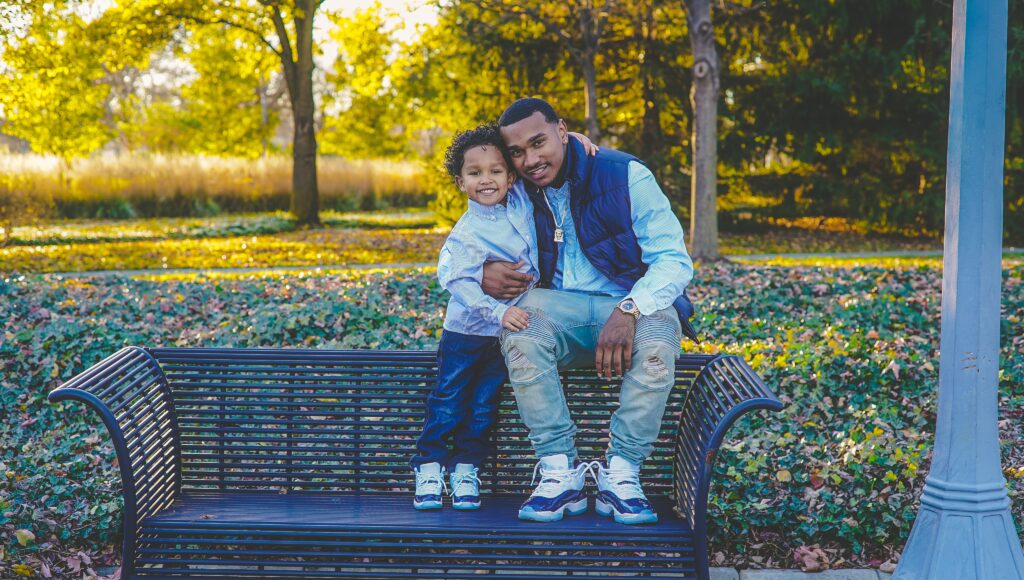
Daring To Think Differently: A Short History of Black Homeschooling
This is an excerpt from Joyce Burges’s book, Teach Me How To Teach My Child which is available on Amazon.
The public school system promised black families the hope of success in life. It was a worthy goal. During the early years, education was merely reading and writing—earning a living, beating the white man at his game—a fortified educational philosophy—targeting the mass of African Americans whose parents worked hard.
By the 40’s and 50’s, black families were college graduates, teachers, doctors, nurses, etc., living noticeable lives—the focus was on how many blacks could graduate from colleges—volume.
By the 60’s and 70’s, the attitude was to beat the white man at his own game—education that was partly empty and only produced mass African Americans to work on the white man’s job they had tried so hard to beat. This kind of education was weak and could not endure, but the extra electives gave it stability and compensated for the lack of pure and true education. This education was strategic and caused a lot of black Americans to be less creative.
Other factors that influenced the deterioration of the public education system in the 1970’s included: the feminist movement, no-fault divorce, legal separation, easy welfare, and abortion. The schools fell right in line with these attacks on the family and even promoted them. For instance, the whole psychology of abortion makes us less human than we ought to be. The feminist movement convinced women that they were missing something by being housewives…staying home and raising children was a sucker’s role. The term “just a housewife” became an embarrassing title and children suffered.
They suffered because innately, they knew they did not have first place in their parents’ hearts.
When a parent’s heart is turned away from the child, the child knows and can feel this. Then their little hearts are turned away…it’s automatic. Resentment for working parents is built up year after year as children see that their parents have more important things to do. They begin to compensate for this lack in other ways. So, by the time they reach high school, they have figured it out…..if no one else cares, then why should they?
In most cases, rebellion in children is a backlash against rejection by their parents.
A failing school system and dysfunctional families produced devastating effects on the educational level of our nation’s children. Reading scores plummeted, math scores and language scores languished. True education was neglected while the focus was placed on teaching tests rather than learning. Monitoring gun control and negative socialization created an institution devoid of creative learning and interest. The members of the public school institutions became exhausted and unconnected—ignoring the emotional needs of parents and children. Parents had trusted the school system, but now they found themselves to be the outsiders. Sadly, most parents continued to create childish outlets for themselves to compensate for the lack of a quality life. No one seemed to know how to challenge the system and address the many problems.
Today, our public school system continues to operate on a dysfunctional level. Negative socialization, shooting on school campuses, drugs, and teenage sex are the misfortunes of most American schools.
In my experience in talking with friends, family, and others who call me, I know that they are dissatisfied with the current educational system. In most cases, they do not know how to change their lives. The public schools are scrambling and searching for solutions. They are confused intellects. I never thought it was possible. I have seen so-called “smart educators” tongue-tied, befuddled, and discombobulated. This is pure laughter to me, because they thought they were the answer, and we fell right in line with their façade. But many families have found an answer – an answer outside of the public school system, an answer that is proven to work.
In the 1980’s a few courageous families begin to challenge the school system.
They dared to think differently.
They had to be innovative and inventive. Through their efforts, came freedom….the freedom of home education.
Slowly, home education began to take shape as parents began to show a greater interest in exactly what their children were learning. The old educational system for children was based on the need to teach them to read and write in order to simply make a living and do better than their parents. Statistics showed that the public education system was failing to meet even those minimum requirements.
Driven to desperation, parents begin to search for other answers, and they realized that they had been settling for a very low standard of education. They began to call for a far greater vision – the vision of providing the opportunity for creative, individualized, and premium learning, of inspiring one-to-one entrepreneurship, and of ensuring that even the boldest and richest dreams come true.
As with anything else, a number of reasons seeded this movement—the greater distance between schools and homes, specialized learning challenges, the need for one-to-one learning, low academic performance, religious reasons, more family togetherness, etc.
Because parents were interested in customized learning, plans were created to test a child’s creative potential—this is what home education is all about—tailoring learning to fit the child.
Parents were finally ready to break out of the structures of bureaucracy and into a new element of enlightenment.
The blame game was over…no more siding with right or wrong—the die was cast.
This content is restricted to site members. If you are an existing user, please login. New users may register below.
